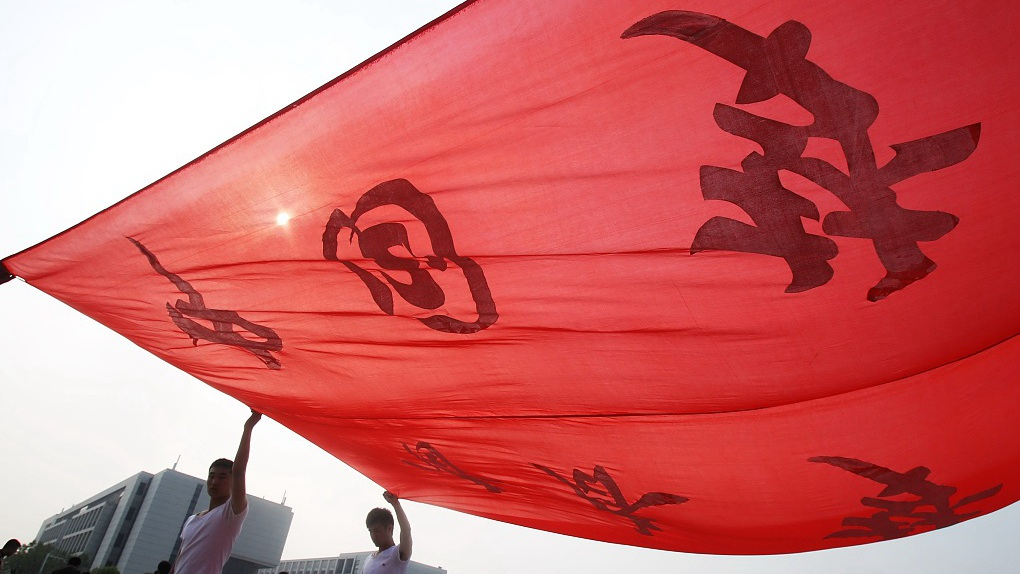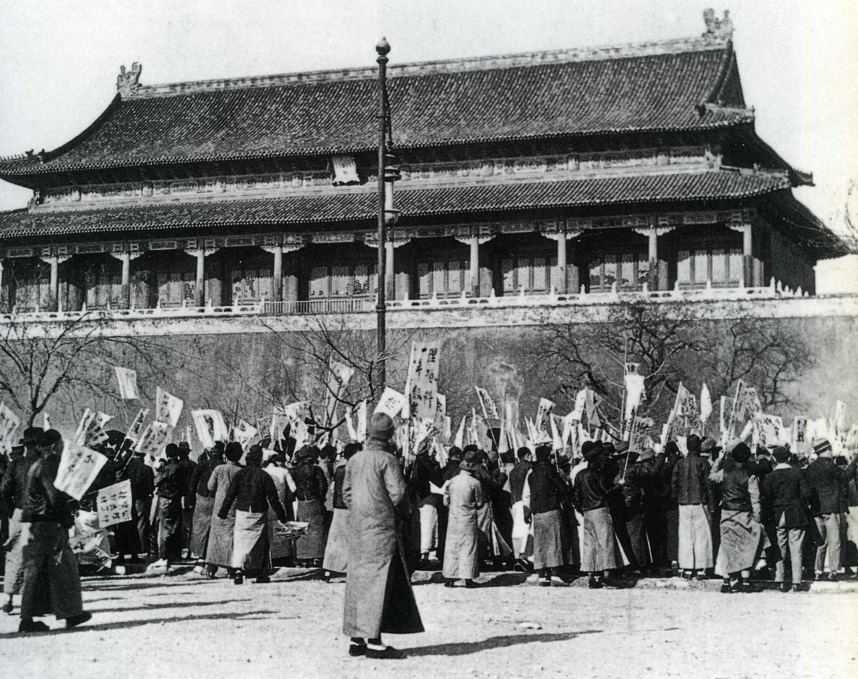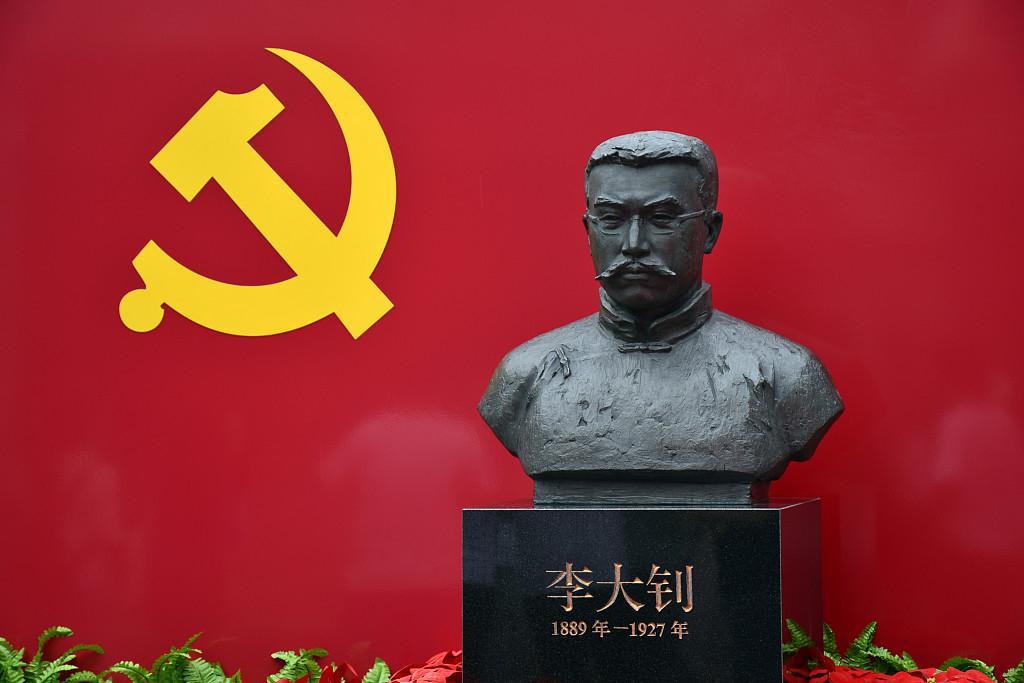
Opinion
14:54, 03-May-2019
The May Fourth Movement started long before 1919
Wang Zhengxu

Editor's note: Wang Zhengxu is a professor of political science at Fudan University, China. The article reflects the author's opinion, and not necessarily the views of CGTN.
It is important to remember that the May 4th Movement did not just start on the fourth day of May in 1919. The news of the diplomatic failure of the Chinese delegation at the Paris Peace Conference, following the end of World War I, arrived in Beijing several days before. The angry student gathered on the 3rd and decided to stage a demonstration in the following day in Tian'anmen Square. For the following weeks, the scale of demonstration kept increasing, with more and more students and later workers in other cities joining the protest. It has turned from a student movement to a national act saving the country.
By early June, the Beiyang government had started arresting demonstrators. But the student protests had already energized the whole society. Eventually, the government had to reject the terms put in front of China in the Paris Conference to transfer the Qingdao city to Japan.
In this light, the May 4th demonstration showcased Chinese people's patriotic determination – through this movement they obtained a strong sense of sovereignty and demanded China to be treated as a sovereign nation.

Demonstrators gathered in front of the Tian'anmen Gate on May 4, 1919. /VCG Photo
Demonstrators gathered in front of the Tian'anmen Gate on May 4, 1919. /VCG Photo
Yet this account of the May Fourth Movement still leaves out several important dimensions within which we can make sense of China's social and political history. Although it took place during the last year of the 1910s, the May 4th Movement represented the zenith of a transformative period that brought China into the 20th Century.
Viewed from a global perspective, the 19th Century was the era of colonialism. In China, the year 1900 saw the invasion of the Eight-Nation Alliance, with their looting and pillage in Peking. The 1911 revolution which led to the overturning of the Qing Dynasty failed to lead the nation to a modern state. Then in 1915, Japan was to seal its dominance of China with its infamous 21 Demands presented to the then President Yuan Shikai.
Yet from the final years of the 1890s, changes did come along. Urbanization process saw the emergence of bourgeoisie class and maturing of the press industry. The rise of the modern education system led to the forming of the intelligentsia who had different visions of future China. Many of them, including Li Dazhao, Zhou Enlai and Deng Xiaoping went abroad to Japan or Europe to study, and many of them have turned Marxists during the period. Some of them returned home to work as university lecturers, labor activists and columnists. Western school of thoughts such as liberalism and communism was spread to more students and workers.

A sculpture of Li Dazhao, a Chinese intellectual and one of the founders of the Communist Party of China. /VCG Photo
A sculpture of Li Dazhao, a Chinese intellectual and one of the founders of the Communist Party of China. /VCG Photo
So before May 4, 1919, there was already a social revolution going on in China which rapidly and radically changed China's social and intellectual landscape. A common purpose to build China into an independent and modern state was already established before the movement. In other words, the May Fourth movement was a breaking point in which the anger and disappointment towards the Beiyang government and western powers long brewed in Chinese society were ignited.
While the New Culture Movement brought new ideas to the Chinese people and reshaped their minds, the May Fourth Movement showed how powerful people can be when they were mobilized. For the revolutionarily minded, it was a revelation of the power of actions and organization. On July 14, the inaugural issue of Hunan's Xiangjiang Review was published, with an opening editorial authored by Mao Zedong, the chief editor. The ground was now prepared for the rise of a new revolution that eventually led to an independent and powerful state.
(If you want to contribute and have specific expertise, please contact us at opinions@cgtn.com)

SITEMAP
Copyright © 2018 CGTN. Beijing ICP prepared NO.16065310-3
Copyright © 2018 CGTN. Beijing ICP prepared NO.16065310-3